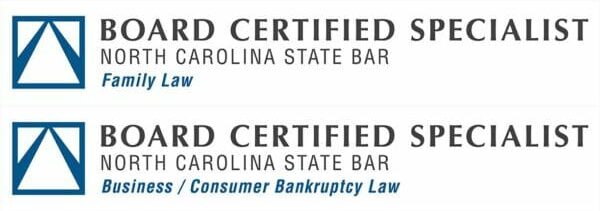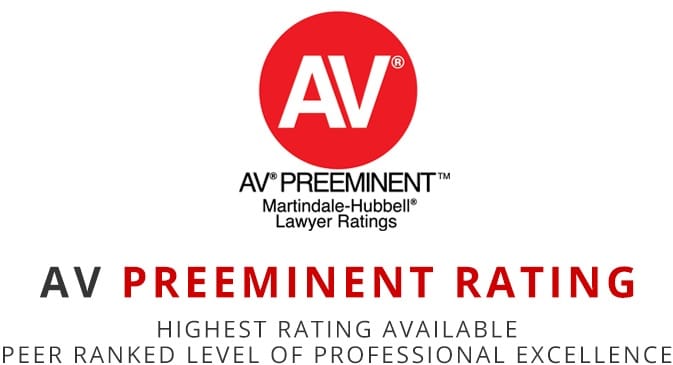If you are in an emergency situation, please call 911.
Domestic Violence Attorneys
50B Protective Orders and 50C No Contact Orders
Our experienced domestic violence attorneys know and understand that North Carolina provides different laws, including civil and criminal, to protect those who have been subjected to domestic violence, stalking, or sexual assault. If you are a victim of domestic violence, protection is available in the form of a restraining order. The specific type of restraining order will depend on several factors, most notably the type of relationship that you have with the perpetrator. The two most common restraining orders are a Domestic Violence Protective Order, which is commonly referred to as a 50B, and a Civil No-Contact Order, which is commonly referred to as a 50C. The term 50B relates to the specific statute that governs domestic violence.
What is a 50B?
A 50B is the most common type of restraining order in North Carolina and is available to persons who have experienced “domestic violence” and who have a “personal relationship” with the perpetrator. A 50B can be used to stop acts of violence as well as threats, harassment, and other forms of intimidation. A “personal relationship” is defined under North Carolina law and includes current or former spouses, persons of the opposite sex who live or have lived together, current or former household members, anyone in a dating relationship, and persons that have a child in common.
What is a 50C?
In event that you do not have a personal relationship with the person who is committing acts of violence or harassment against you, North Carolina also provides civil no contact orders that are commonly referred to as a 50C. A 50C can be used if the situation involves a co-worker, neighbor, or other party that you aren’t in a familial or dating relationship with. A civil no contact order is similar to a 50B in many ways as both are designed to prevent ongoing contact between the two parties.

(336) 379-1390
Family Law Services
What does a 50B or 50C provide?
Once a 50B or 50C is entered, these orders protect a victim by ordering that the abusive party immediately cease all forms of contact with that party. The abuser is often prohibited from going to the victim’s home, employment or otherwise interfere with the victim. A 50B can also offer protection to affected children in certain situations as well as require the abuser to surrender firearms. In the event that a 50B restraining order is violated, the abuser can be criminally charged and jailed.
What is the process for getting a 50B or 50C?
For both a 50B and a 50C, the victim files a motion with the court alleging that domestic violence took place. Upon filing the motion, a judge will hear the case ex-parte (with only the victim present) and hear what transpired. This judge can then enter either orders on a temporary basis to provide immediate protection, without requiring any notice to the abuser. In the event an ex-parte temporary 50B or 50C order is entered, a future hearing with both parties will be scheduled (usually within 10 days) for the court to have a more complete hearing and to rule on whether the order should be extended for a period of up to one year. There is also an option to renew the order after the initial one year period. Because there is a limited time frame between the entry of the ex-parte order and the full hearing, it is advised you immediately seek the assistance of a knowledgeable attorney to advocate on your behalf.
If you are the victim of domestic violence, stalking, or harassment, our domestic violence attorneys can assist you in either seeking an order, renewing an order, or enforcing an order. Likewise, we can help you protect yourself in the event that you are being accused of domestic violence.
Our divorce team is experienced in advocating matters of domestic violence and are available to assist you. Our team of domestic violence attorneys includes Board Certified Specialists in Family Law, specially trained Collaborative Divorce Professionals and an expert in adoption in North Carolina. Whether you believe that your situation is simple or complex, no domestic violence issue is easy. Our experienced domestic violence attorneys can assist you in understanding the long-term impact your decisions may have. Collectively, our team brings a century of legal experience to your family law matter. Call our family law team at 336-379-1390 to schedule your consultation today.
Family Law Team Awards & Recognition



RECENT FAMILY LAW RELATED POSTS
WE CAN HELP. GET STARTED HERE.
FIRM RECOGNITION


NC Super Lawyers

AV Preeminent Lawyers


